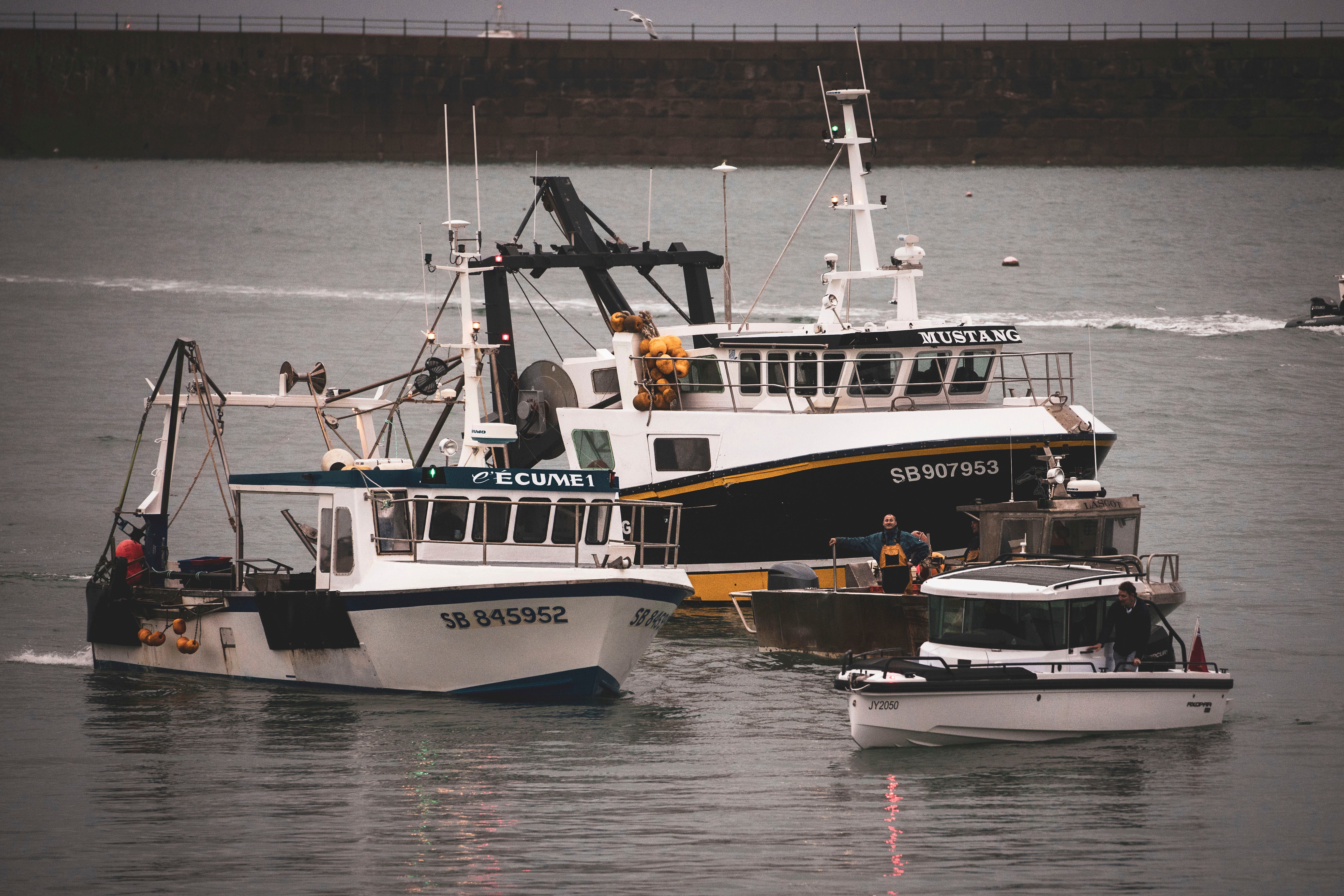Would France really cut off energy supplies to the UK and Jersey?
The temptation in Paris to leverage the current energy crisis to extract concessions from the British (or just make them honour their legal commitments, depending on your view) must already be intense, writes Sean O’Grady


Would France cut off supplies of electricity to the UK and Jersey just because its fishing boats aren’t getting the permits they need?
It is unlikely, given everything, but cannot be ruled out. Even in the current bad-tempered environment it would seem harsh to deprive Jersey’s medical facilities of all their electricity (the pipeline from France being the only reliable permanent source of energy). Killing Jersey’s sick and elderly as winter sets in as an act of spite isn’t what Boris Johnson might call “une bonne look”.
But the mood in France is certainly turning ugly, and electricity supplies to mainland UK must be in some jeopardy – reduced rather than cut off. In some ways, Brexit seems to have been an even more traumatic event on that side of the Channel than it has been in England. The French minister for European Affairs, Clement Beaune, has declared that the Brexit agreement had to be “implemented fully”, or else “we will take European or national measures to exert pressure on the UK”.
“The UK depends on our energy exports, they think they can live alone while also beating up on Europe and, given that it doesn't work, they engage in aggressive one-upmanship,” he added.
There’s an election coming up next year, and France has a long tradition of direct, indeed revolutionary, action, so French politicians and fisherfolk will no doubt be in a militant mood. President Macron usually needs little encouragement to defend French interests, but in the months ahead it will be especially intense.
The temptation to leverage the current energy crisis to extract concessions from the British (or just make them honour their legal commitments, depending on your view) must already be intense. Britain gets about one-fifth of its electricity from France and any interruption to supplies would make an already difficult winter even more hellish for the British. London and St Helier claim to have been flexible and generous in issuing licences, but some have certainly been refused. French fisherfolk who have been harvesting fish and shellfish freely and legally for decades, if not centuries are not much interested in what the rules are – their livelihoods are at stake, and they want their government to do something about it.
The Northern Ireland protocol is also a constant source of friction, this time with the UK making demands for renegotiation, or something like it. The EU is adamant it will not now be rewritten. The feeling of intense betrayal in Paris over the Aukus defence pact and irritation over the supply of Covid vaccines have also created an undercurrent of resentment. The British are infuriated by the migrant boats sailing from the French coast; the French argue that the British won’t pay their bills for the extra police. Things are getting combustible.
There are some flashpoints ahead. Jersey has set a deadline of the end of October to sort out the licences, and Lord Frost has said that if intense talks aimed at fixing the protocol do not succeed by early November then the British government will invoke Article 16 of the protocol, and suspend the agreement.
Such a move by the British would give the French and possibly the EU reason to take retaliatory measures, as is in fact provided for in the Brexit deal. It might well involve levying tariffs and more bureaucratic burdens on British exporters, just when the economy is dealing with post Covid stresses and the current Brexit shortages. Such acts might invite retaliation from the British, and the trade war could easily escalate, with enormous damage to both sides, economically and politically. The French might think better of victimising Jersey, but might scale back supplies of energy, citing shortages in Europe. The new German chancellor and other EU states more friendly to the UK, such as the Nordic countries or Hungary might try to restrain French anger, but it is difficult to see them just allowing the Northern Ireland protocol to lapse indefinitely. French boats would happily blockade Calais, and the royal navy has already been sent to defend Jersey’s harbours. There will be clashes.
The UK, then, to add to its other many woes could find itself in a trade war with by far its largest markets by the end of the year. That, in turn, would spark civil unrest in Northern Ireland, and provoke an angry reaction from President Biden, who’s made his feelings about Ireland and Brexit perfectly clear.
Johnson and Frost, just as they did towards the end of 2019, might decide it’s just not worth the aggro. They might well judge that a few scallops, some cod and a few angry Ulster unionists aren’t worth destroying Britain’s economy and closest alliances for. Britain will cave in, and the prime minister will look ridiculous. He’s used to it, though.



Join our commenting forum
Join thought-provoking conversations, follow other Independent readers and see their replies
Comments